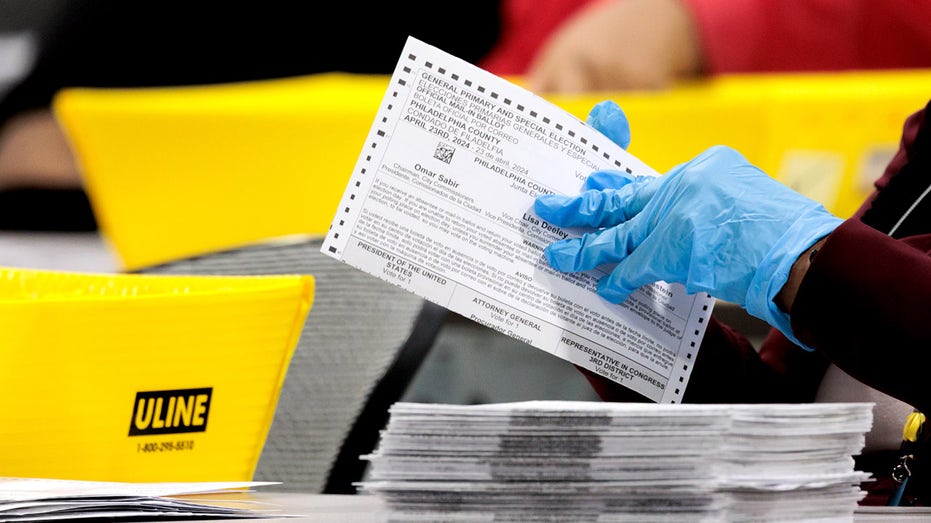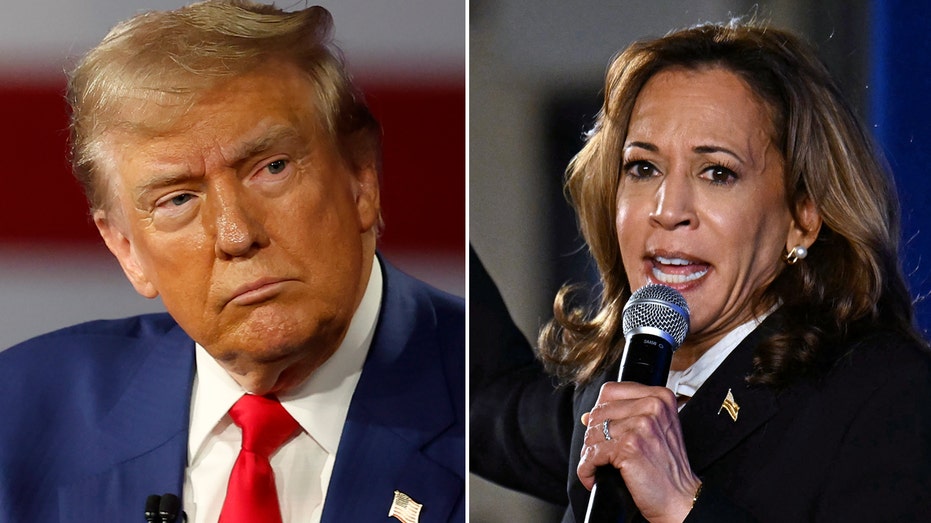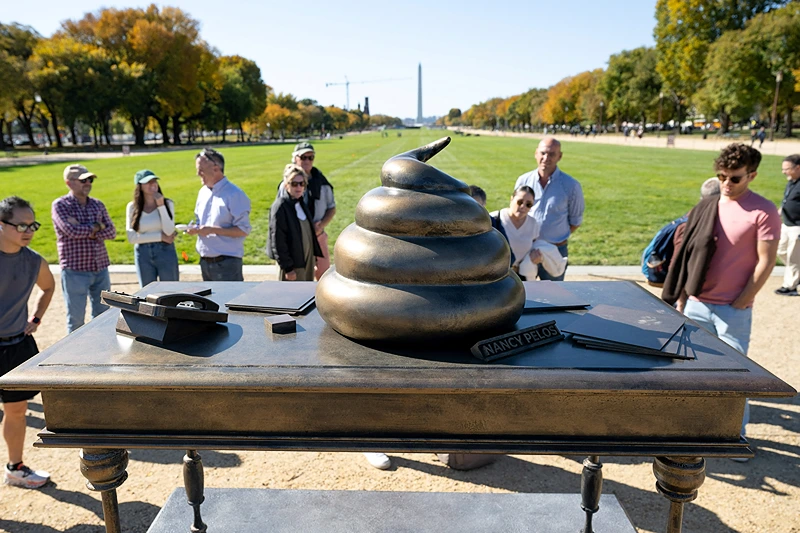Here's how each swing state conducts a recount of ballots
Swing states, some of which could potentially see petitions for recounts this cycle, all have different processes for conducting election ballot recounts.

Presidential election recounts are rare, but they do occur – and the rules vary by state.
Even among only the pivotal swing states, there are different processes for requesting and conducting recounts.
Of the 6,929 statewide general elections between 2000 and 2023, only 36 statewide recounts occurred, according to FairVote, a nonpartisan election research organization.
If there's a 37th on the horizon, here are the rules that could govern it:
An automatic recount is triggered in the state if the candidate with the most votes leads his closest competitor by half of 1% or less of the total votes cast for the top two contenders, according to the Arizona Secretary of State's office.
FOX NEWS DEMOCRACY '24: THE KEYS TO THE COUNT IN EVERY BATTLEGROUND STATE
A court order must be issued for the process to begin. Once a recount is initiated, the paper ballots are tabulated through electronic voting equipment. If requested, a hand count may also occur after the electronic count.
The Peach State does not initiate automatic recounts for elections. But candidates can request a recount from the Secretary of State within two business days of the election certification if the margin of victory is less than or equal to 0.5%, according to the Georgia state website.
TRUMP CAMP TAKES VICTORY LAP FOLLOWING ELECTION CASE LEGAL WIN IN BATTLEGROUND STATE
While ballots are being recounted, candidates may be present or have a representative at the site.
A recount may be requested by a candidate through written demand within three business days of the results being certified. However, the candidate requesting the recount must pay an advance deposit for the estimated costs of the recount for the request to proceed.
The recount must start within five days of receiving the demand, according to the Nevada Secretary of State's office.
A written recount request may be submitted if a race's margin of victory is less than or equal to half of 1% or fewer than 10,000 votes.
The request must be made by noon on the second business day after the county canvass, according to the North Carolina General Assembly.
Candidates in Wisconsin may file a petition for a recount with the clerk or officer with whom nomination papers were filed.
In elections in which more than 4,000 votes are cast, the losing candidate may file a recount petition if the victor wins by no more than 1% of the total votes. A recount petition must state that the petitioner was a candidate for the office in question and that there is belief of a mistake or fraud.
The request must be made by 5 p.m. on the third business day after the board of canvassers certifies the election results.
The Badger State does not have any limits set that trigger automatic recounts.
In Michigan, a candidate may request a recount on the grounds of suspected fraud or error within the precinct. The request must be submitted no later than six days after the conclusion of the canvassing process. A deposit must be paid for each precinct in advance of a recount.
A recount is automatically conducted in all precincts if there are 2,000 votes or fewer separating the top two candidates.
Pennsylvania law allows three types of recounts: statewide automatic recounts ordered by the Secretary of the Commonwealth, recounts directed by a county board of elections, and court-ordered recounts.
An automatic recount occurs if the margin of victory is no more than 0.5%. A recount must be submitted to the Secretary of State by 5 p.m. on the second Thursday after the election.
A petition for a court-ordered recount must be filed by at least three qualified electors within five days of the completion of canvassing. Each petition requires a deposit in advance.
In the case fraud is found, an additional five days is awarded to the interested parties to count ballots.
If a candidate wins by no more than 1%, state law allows a losing candidate to file a petition for a recount to the State Board or the electoral board. The petition must be made within 10 days of the election being certified.
The process is slightly different in the case of a presidential election. Recount petitions in a presidential race must be filed by 5 p.m. on the day after results are certified.
The chief judge of the circuit court, subject to review by the full court, decides whether to initiate a recount. State law requires that only one recount of the vote will take place in each precinct. After the ballots have been recounted, a court declares the results of the race.
What's Your Reaction?
















